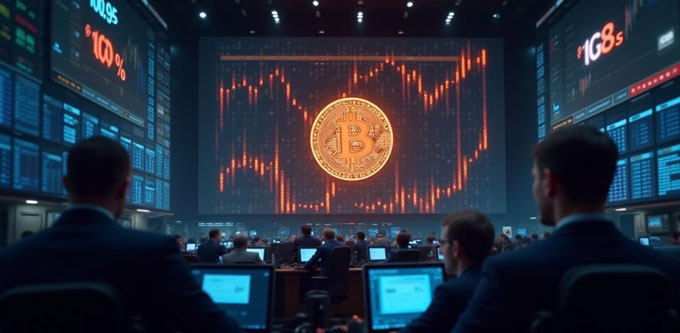NVIDIA CEO Jensen Huang Criticizes U.S. AI Chip Export Controls on China as Ineffective and Counterproductive
San Francisco, CA — May 20, 2025 — In a striking critique of U.S. technology policy, Jensen Huang, co-founder and CEO of NVIDIA Corporation (NASDAQ: NVDA), declared the current AI chip export restrictions on China a “failed strategy” during his keynote at the Computex 2025 conference in Taipei. Huang’s comments have stirred debate across the semiconductor industry, raising concerns about global AI leadership and the unintended consequences of trade controls.
Huang: Export Controls Hurt U.S. AI Ecosystem
Huang argued that the Biden administration’s sweeping restrictions—initially implemented in October 2022 and further tightened in 2023 and 2024—are not effectively limiting China’s AI progress. Instead, he claimed these rules are encouraging Chinese firms to accelerate domestic semiconductor development, diminishing U.S. influence and cutting off American chipmakers from one of the world’s largest markets.
“Restricting technology exports to China hasn’t slowed them down—it’s pushed them to build faster,” Huang said during a panel discussion, referencing China’s rapid development of AI accelerators by companies like Huawei, Alibaba Cloud, and Biren Technology.
Impact on NVIDIA and the Global Chip Industry
The U.S. export bans have directly impacted NVIDIA, whose high-performance GPUs like the A100, H100, and newer Blackwell B200 were central to AI workloads in Chinese data centers. In response to U.S. restrictions, NVIDIA introduced modified chips such as the A800 and H800, designed to comply with export rules. However, those too were eventually restricted under updated regulations issued by the U.S. Department of Commerce in late 2023.
Despite regulatory setbacks, NVIDIA remains a global AI powerhouse with a $2.6 trillion market cap, but Huang emphasized that “losing access to China’s market risks undercutting American innovation at large.”
China’s AI Push: A Self-Reliant Future
China has been actively investing in local AI chip alternatives, with increased R&D funding from the Ministry of Industry and Information Technology (MIIT) and strategic backing from initiatives like Made in China 2025. Domestic players such as Cambricon Technologies, Moore Threads, and Zhaoxin are racing to replace reliance on U.S. hardware.
Huang warned that this accelerated decoupling may lead to “two parallel AI ecosystems”, potentially fragmenting the global tech landscape and reducing international collaboration in key fields like machine learning, robotics, and autonomous systems.
Industry Reactions and Policy Debate
The tech industry has responded with mixed views. Intel, AMD, and Qualcomm have largely remained silent publicly, while trade groups like the Semiconductor Industry Association (SIA) have lobbied for a more nuanced approach to export policy.
Analysts at Goldman Sachs and Morgan Stanley caution that while national security concerns are valid, overly broad restrictions risk damaging U.S. tech leadership in the long term by isolating top firms from valuable revenue and global competition.
What’s Next?
With geopolitical tensions rising and the 2025 U.S. presidential elections behind us, the future of chip policy remains uncertain. However, Huang’s remarks have reignited critical questions about the balance between national security and economic competitiveness in the era of AI.
Summary
NVIDIA CEO Jensen Huang’s public criticism of U.S. AI chip export controls to China underscores growing concerns in the semiconductor industry about the long-term effects of decoupling. With China ramping up domestic innovation and the U.S. restricting access, global technology leadership hangs in the balance.
















Leave a comment